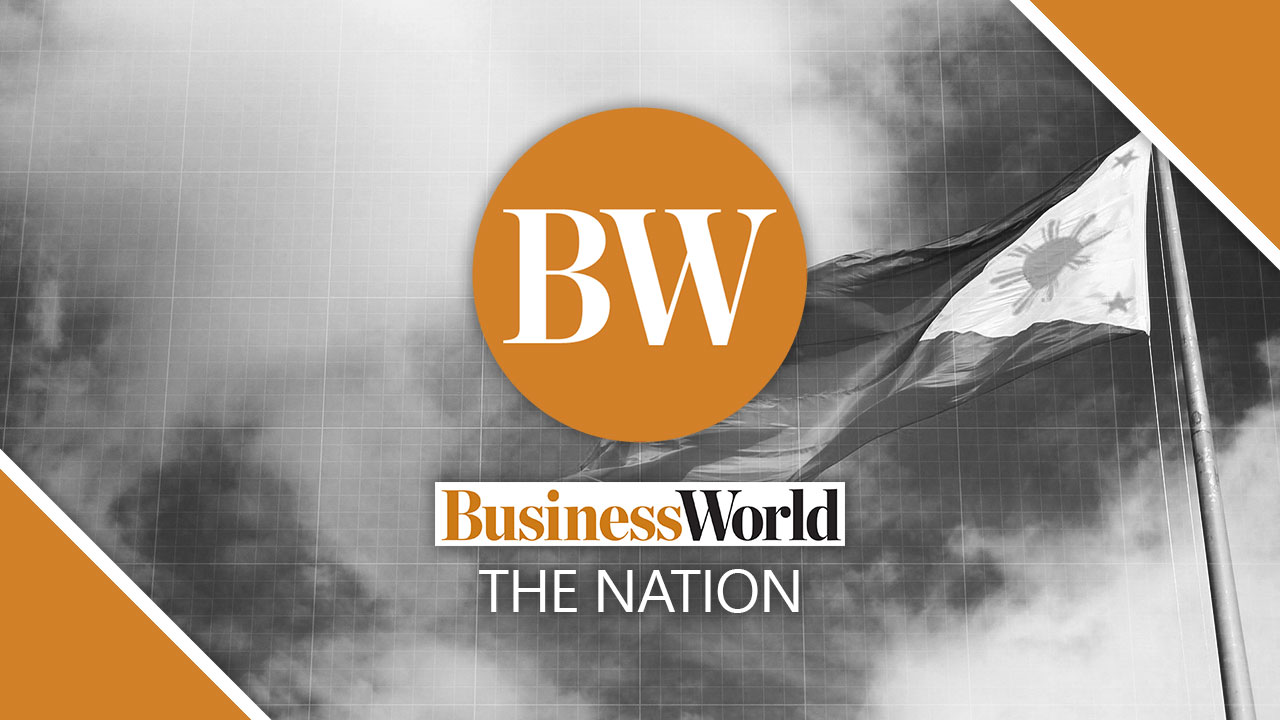Bill revising intellectual property code OK’d

By Beatriz Marie D. Cruz, Reporter
THE TRADE and industry committee of the House of Representatives approved on Tuesday a bill that revises the country’s Intellectual Property Code to bolster the government’s capabilities to combat online infringements and address new and emerging intellectual property issues.
“The Intellectual Property Code of the Philippines requires a fresh, new round of revisions to keep pace with the advances in technology and emerging intellectual property-related issues,” said Batangas Rep. Mario Vittorio A. Mariño, the panel chairman.
“We need to harmonize the country’s intellectual property system with some of the current and best practices in the international community, fortify efforts against piracy and counterfeiting, strengthen intellectual property protection and promote [a] legal environment conducive to innovation and creativity,” he added.
He also called on the need to strengthen intellectual property education and awareness.
The proposed law gives the Intellectual Property of the Philippines (IPOPHL) the power to order removing infringing materials from, taking down of and blocking access to websites/online platforms.
The measure also seeks to slap higher penalties against counterfeiting and piracy especially when it poses danger to life and health.
The proposed revision also considers visible and non-visible marks used to distinguish products or services, such as sound marks, which must also be protected, according to the bill.
It also aims to institutionalize the intellectual property rights enforcement and coordination office under the IPOPHL to undertake enforcement actions like issuing confiscation orders and imposition of fines.
The measure seeks to allow the filing of applications to protect inventions through a patent or utility model. It will also protect designers for parts of a product incorporated in one design.
Under the bill, patent applications may also claim early priority date while the inventor is finalizing its patent application.
Addressing the House committee, Ricardo R. Blancaflor, former IPOHL director general, proposed an amendment extending copyright protection to 70 years from the current 50 to give more protection to creators.
“If we get to 70 years, that means there would be more protection for our artists and this goes all the way from the authors, performers and sound recorders,” Mr. Blancaflor said, noting that 73 countries have adopted such measures.



